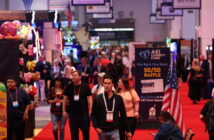FEC Community Shows Measured Optimism But Expects Slow Recovery
By Matt Harding
Asking “How’s business?” during an unprecedented economic shutdown is sure to draw some pessimistic responses. But our recent FEC operator survey also showed measured optimism in this time of crisis. It also showed resilience in operators who’ve tried to make the best of a bad situation by selling takeout food and player cards, or renting out games to the home market. Still, there was an obvious eagerness to get back to what they do best – entertain.
While a majority of respondents (76%) have been forced to lay off most of their employees, half plan on bringing all of them back. Many (79%) have received PPP loans or other government assistance from the CARES Act. Though an overwhelming majority of them think that recovery will be “slow” (60%) or “extremely slow” (33%), many believe it’s already begun or is coming soon, citing May (21%) or June (43%) as the time when it would begin in their area (17% said July; 10% said August; 7% said “later” and 2% said “much later”).
In part, that’s because the FEC operators seemed to agree that hesitant customers would be an issue in the months after business recommences. To quell that concern, enhanced cleaning and social distancing will be touted by most operators in the “post-COVID-19” world. Where social distancing is concerned, some operators, however, noted that it would be tough going in the first few months if they’re forced to operate at 25% or 50%, as has been the case in Georgia and some other “first to reopen” states.
Our FEC survey respondents, who could opt to remain anonymous, included those who run mom-and-pop arcades, centers anchored by bowling, movie theaters or trampoline parks, as well as go-kart venues, other indoor-outdoor parks and more – the whole gamut of the family entertainment center world.
Now, let’s dive into the data and hear from some of the operators directly: from what they’ve had to do to stay afloat to their plans for the future.

Some FECs, like Darren Spohn’s Pinballz in Texas, did what they could to bridge the revenue gap by offering curbside services along with game rentals and sales.
Darren Spohn, who owns the 3-location Pinballz arcade chain in Austin, Texas, and the surrounding suburbs, reported that he had to lay off more than 150 employees while closed, and will only be able to bring back some.
While his suburban locations have been able to partially reopen (at 25% capacity) per the Texas governor, the city of Austin extended its own stay-at-home order through June 15, meaning the first Pinballz location was still shut at press time. What business Pinballz has been able to do certainly hasn’t come close to pre-shutdown levels.
“We are forecasting 2020 to be a flat year with no profit to reinvest in growing the business, but believe we will stay in business,” Spohn said. “The larger FEC chains with deep-pocket investors or cash reserves will survive, while the traditional mom-and-pop FECs will see attrition.”
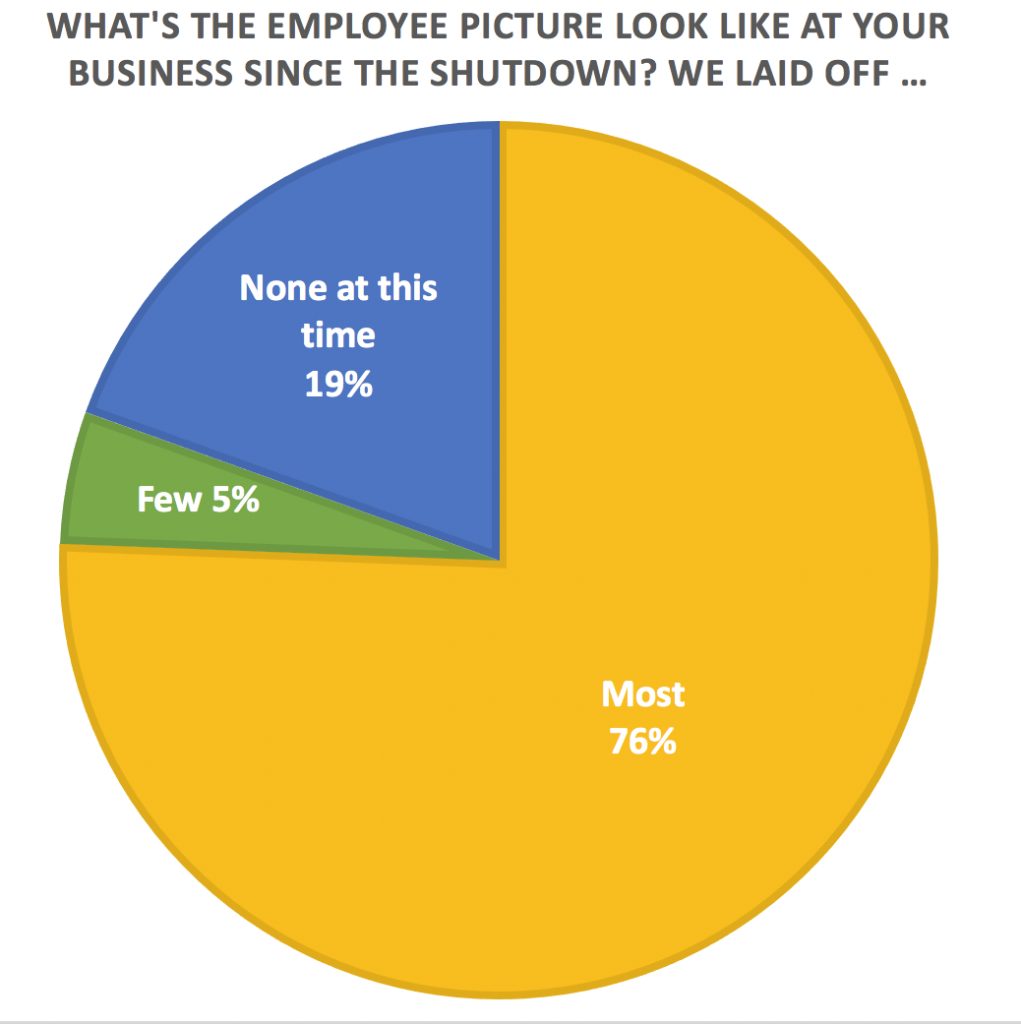
He said he thinks customers will greet their full reopening with excitement, noting that all Pinballz locations were deep cleaned while closed. The game layout has also been redesigned with social distancing in mind.
“We need to get our businesses open again!” Spohn said. “We need to be protective of the people most susceptible to COVID-19, and of course take all possible precautions in our centers, but we must not change our social habits long-term. This is not the new norm!”
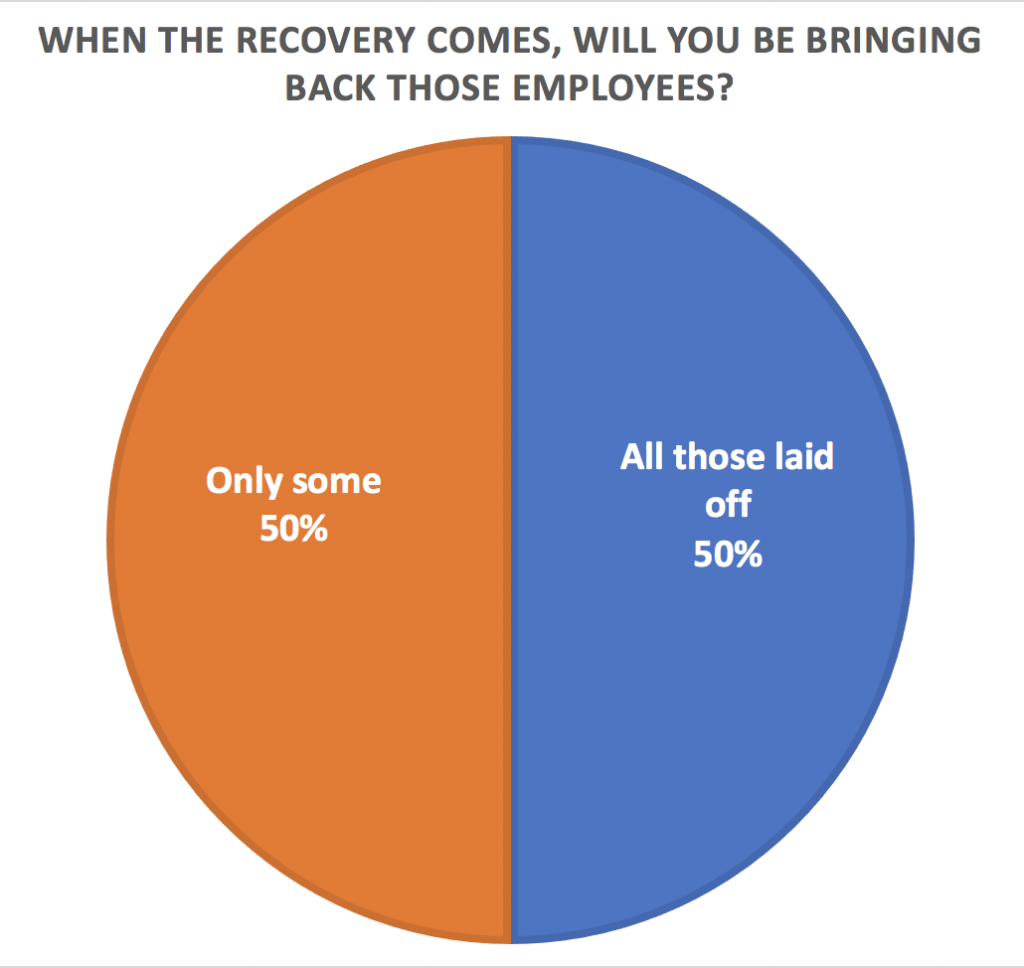
Courtney Bourdas Henn, the California operator who runs Mountasia Family Fun Center in Santa Clarita and Northridge Skateland in Los Angeles, anticipates the recovery will begin in July, noting she’ll reopen the businesses as soon as possible and work within whatever guidelines the city, county and state require. But it’s unclear when that will be or what exactly it’ll look like.
“Our governor has a 6-pronged reopening plan, but has given no indication of when we will reopen,” Bourdas Henn said. “And he’s suggested that businesses that do reopen will have to be done so with social distancing modifications (read: way less guests), which will make operating a profitable business a challenge. That will also prevent us from hiring everyone back – we won’t need as many staff for a greatly reduced guest base.”
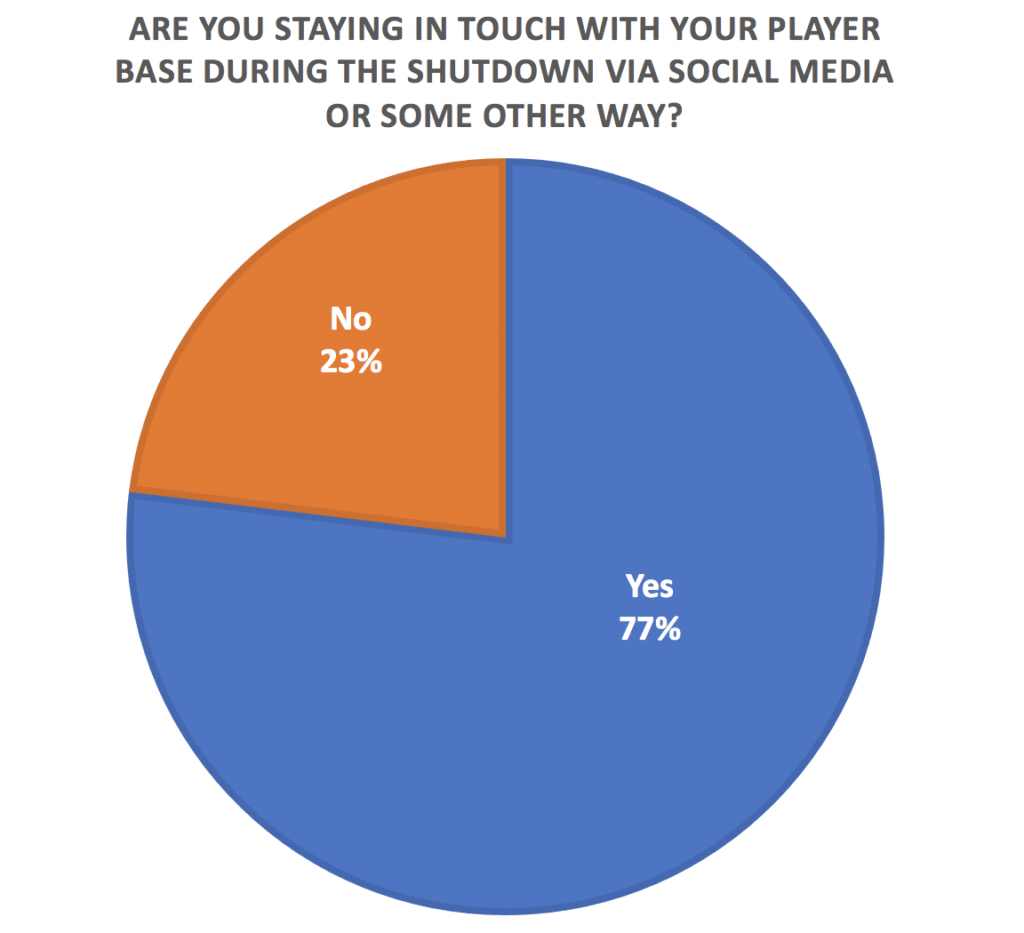
But she and remaining staff have been busy overhauling employee training manuals, doing facility and equipment maintenance, and even tearing up the carpet at the FEC and staining the concrete floors for a new look. Also at Mountasia, they’re considering instituting an entry fee to track the exact headcount of guests in an effort to comply with likely capacity restrictions.
The locations also implemented new cleaning procedures before the official shutdown – mandatory surface disinfection every 30 minutes using a quat cleaner (or more frequently, if needed) and a full property cleaning before opening and throughout the day.
That’s an absolute must, as she noted there will be hesitant customers once they’re allowed to reopen. “Some will be ecstatic, but some will be very nervous about coming in.”
Peter Murphy of Laser Flash, a laser tag-anchored FEC in Carmel, Ind., said he laid off most of his employees at first, but was able to get them all back through PPP and expects to keep them paid until they reopen (which, according to their website, should be June 14, according to the state’s Roadmap to Safely Reopen Indiana).
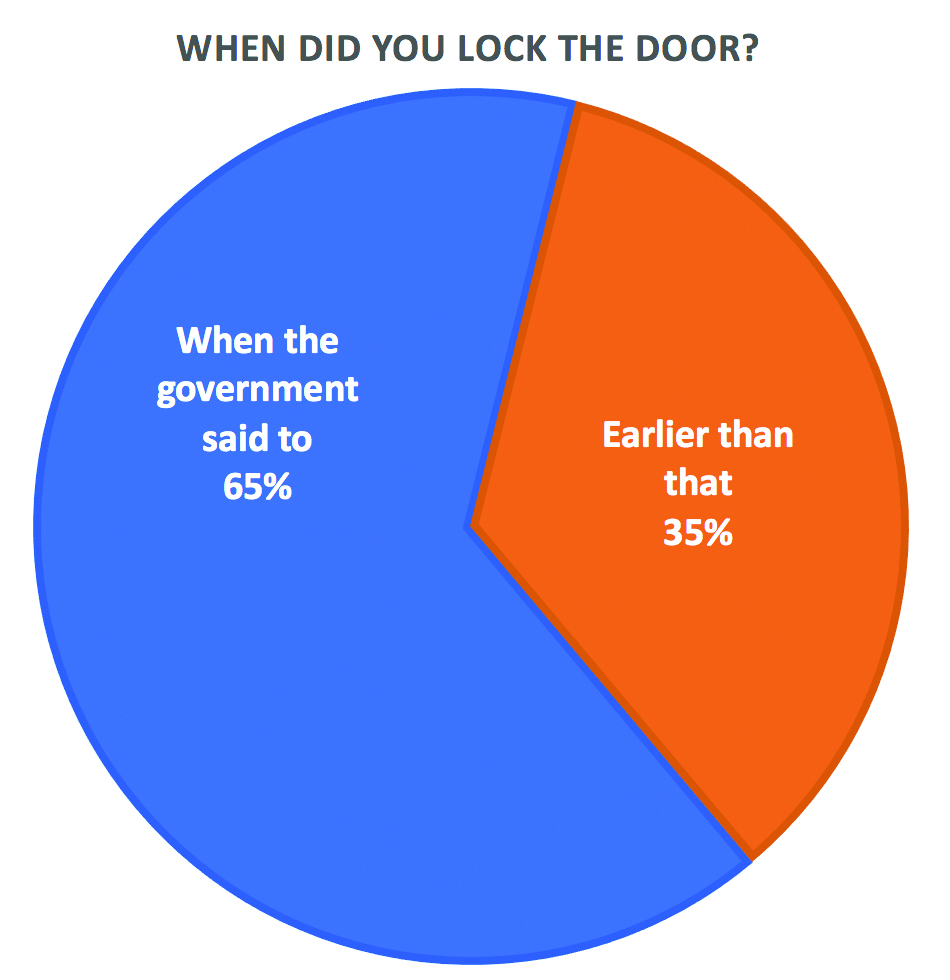 Murphy said he was the first to close on March 13, while most others in his area stayed open until the government-mandated March 16 closure. “Cancellations were showing the coming weekend might not even generate enough cash to cover the payroll for the weekend,” he said.
Murphy said he was the first to close on March 13, while most others in his area stayed open until the government-mandated March 16 closure. “Cancellations were showing the coming weekend might not even generate enough cash to cover the payroll for the weekend,” he said.
Even though Murphy has added hand sanitizer dispensers, increased his arcade and restroom cleaning schedule and more, he’s unsure what the reception will be like when Laser Flash reopens. “I worry there will be those who will be upset that we reopen even with the government approval,” he said. “I fear there may be social media backlash.” However, he’s already made advanced bookings for June, and is cautiously optimistic.
“Cash flow will be strained. However, this is the time to invest in new equipment and improvements in attractions to put more pressure on weak competitors.”
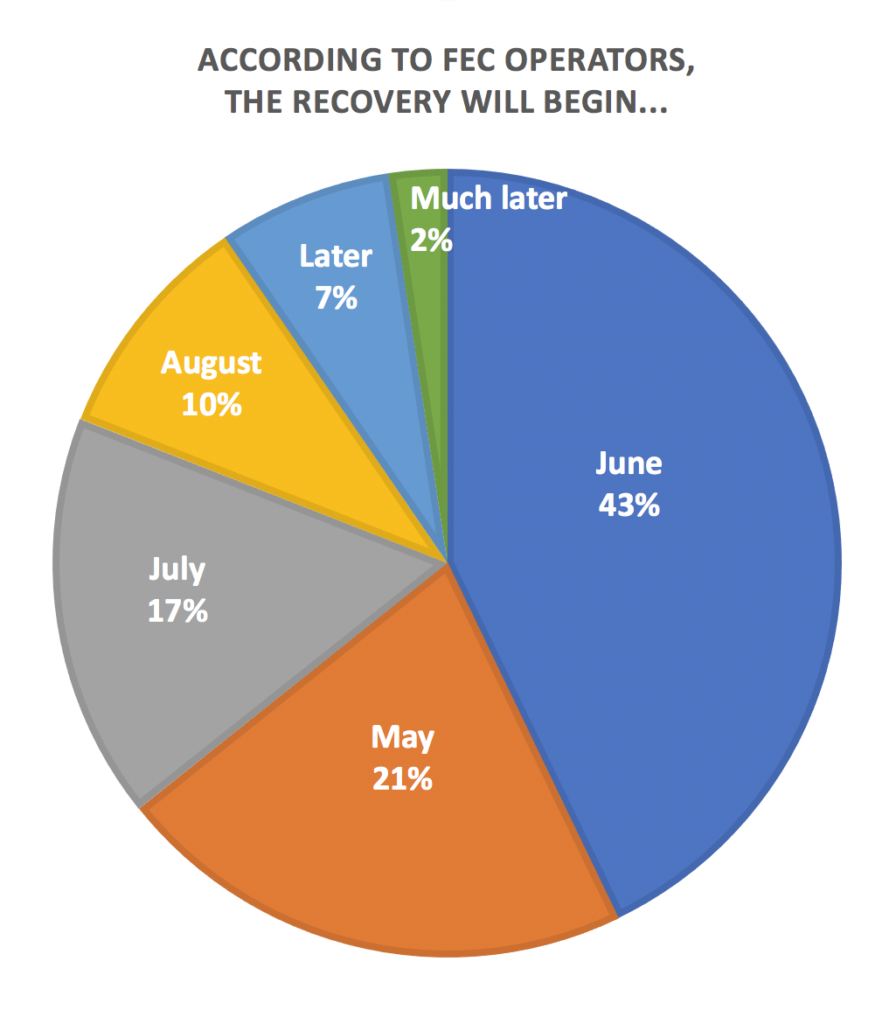
Less optimistic was Matt Rosen of Five Towns Mini Golf & Batting Range in the Long Island, N.Y., town of Lawrence. “We will be fighting for our existence after 43 years in business,” he said. “Our last really good season was in 2010. We were on borrowed time realistically. This will just speed up the inevitable. Odds are against us continuing the business after this year.”
But the fight to keep the seasonal business alive remains. They’ve already done a deep clean on the facility, cut down some trees and removed stumps on the mini-golf course, and did some painting. They’ll also be putting up new signage, plexiglass sneeze guards and hand sanitizer stations, plus plan on wiping down golf putters, bats and helmets in between customers. They also will be changing their hours to 10 a.m.-11 p.m. every day through Labor Day.
Rosen said they asked officials for an exemption to be designated an essential business, but was turned down. “We stated our belief that people need to be out of the house for some fresh air, fun and amusement. We also said we would abide by any social distancing needed to reopen, but were denied.”
Darrin Skinner of Lake Wylie Bowl N’ Bounce in Lake Wylie, S.C., closed up the bowling entertainment center on March 17. While the state OK’d “businesses requiring close contact” to open on May 18, a Lake Wylie Bowl N’ Bounce Facebook post indicated it would open May 26 to allow for equipment upgrades.
In his RePlay survey, Skinner outlined many of their plans. Among them: sanitizing bowling balls after each bowler; hand sanitizer at the entrance; requiring masks and gloves to play laser tag; and bowling only on every other lane.
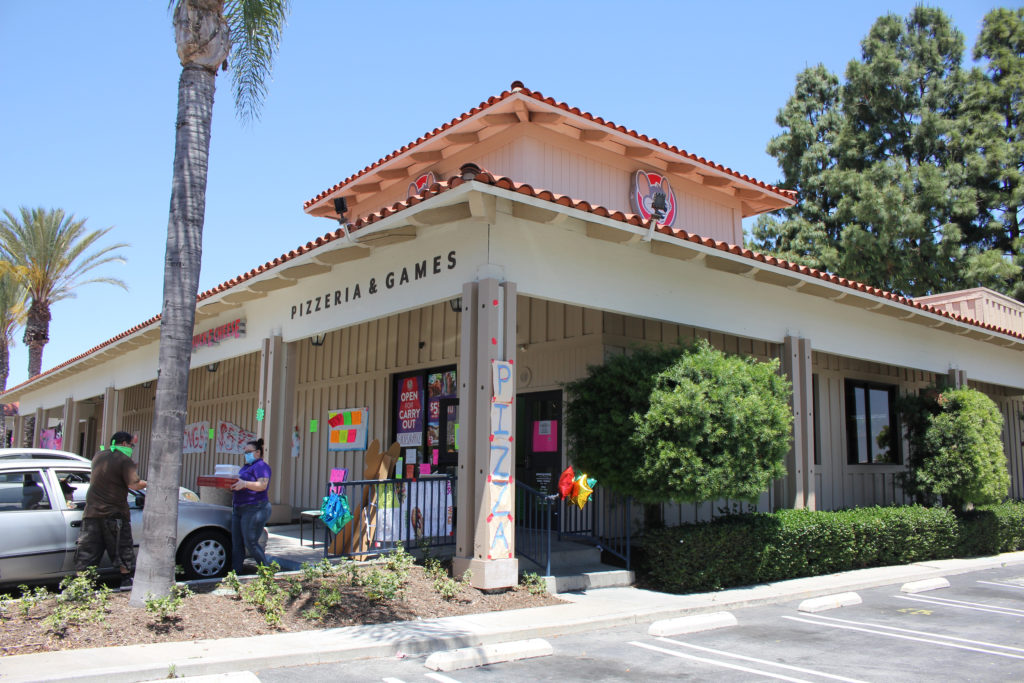
A customer picks up a lunchtime pizza at a Southern California Chuck E. Cheese.
“We believe we can provide a safe environment for those interested in coming out,” he said. “We will not advertise or run any specials to entice people to come. We will simply be open for those looking to come out. We believe over-promoting during this could hurt business long term with those who feel being open is irresponsible at this time.”
He also doesn’t expect business to be anywhere near “normal” until after a vaccine is widely available. “There will be a smaller percentage (of people) eager to come out right away. More will test the waters after a week or two.”
Skinner added: “I don’t advocate for opening too soon as that doesn’t help us either, but we as a country were never going to social distance this virus to zero, so there was going to be a time when we had to start taking steps forward.”
George Smith, whose Family Entertainment Group has 50 locations in 21 states, was one of the 5% of operators who said the government shutdown was “not stringent enough.” By contrast, 54% said it was “too severe” and 41% said it was “exactly what was needed.”
Regarding Georgia specifically, the first state to make the move to reopen parts of its economy in late April, Smith said it was too soon. “There needs to be a national culture for the safety of all,” he said. “A second wave will be devastating.”
He thinks a slow recovery will begin to take place in June, and with more anticipated expenses and less income – FEG will be doing “very little new purchasing.” Their locations will, however, be full of CDC-approved cleaners, virus-killing UV light technology and more.
To allow for social distancing, Smith anticipates removing some games from their arcades and some tables and chairs from their dining areas. They also operate some high-touch attractions like ball crawls and ropes courses that may not immediately open once their businesses commence.
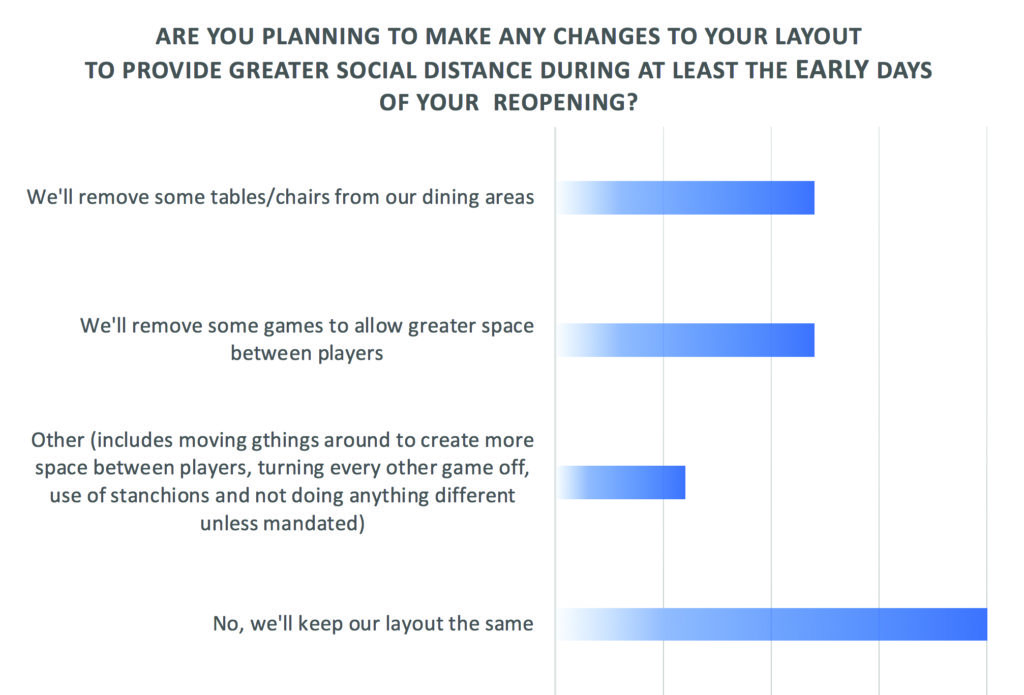
Fellow F2FEC Amigo Rick Iceberg, owner of CJ Barrymore’s, an FEC park in Clinton Township, Mich., said he plans on doing the same regarding social distancing and following CDC guidelines on sanitization, but doesn’t expect the economic recovery to begin until after August. Even then, he said it will be a slow road back.
Iceberg said most of the inside of his indoor-outdoor facility won’t open for a while, even after the state allows him to restart the business. He also said machine buying will be “dead” and he’ll be doing nothing but “conserving cash” as he tries to steer his business in the right direction.
For many, he thinks, that will be impossible – projecting 25% of FECs will go out of business.
Rich Eighme operates Maple Lanes, a traditional bowling center, and Cadillac XBC, a bowling entertainment center, both located in Waterloo, Iowa. He was forced to lay off most of his employees and plans on bringing back only some.
That’s partly because he feels there will be some apprehension from guests upon reopening. “We need to show them we are going to take extra measures to ensure their safety,” he said. “We do not have a lot of FEC competition in our area. However, I do feel there will be a significant percentage of customers that will not be willing to put themselves around numbers of people until a vaccine is found or at least the mortality rate goes away.”
Still, Eighme added that many will greet the bowling centers with excitement after mostly staying at home for the past couple months.
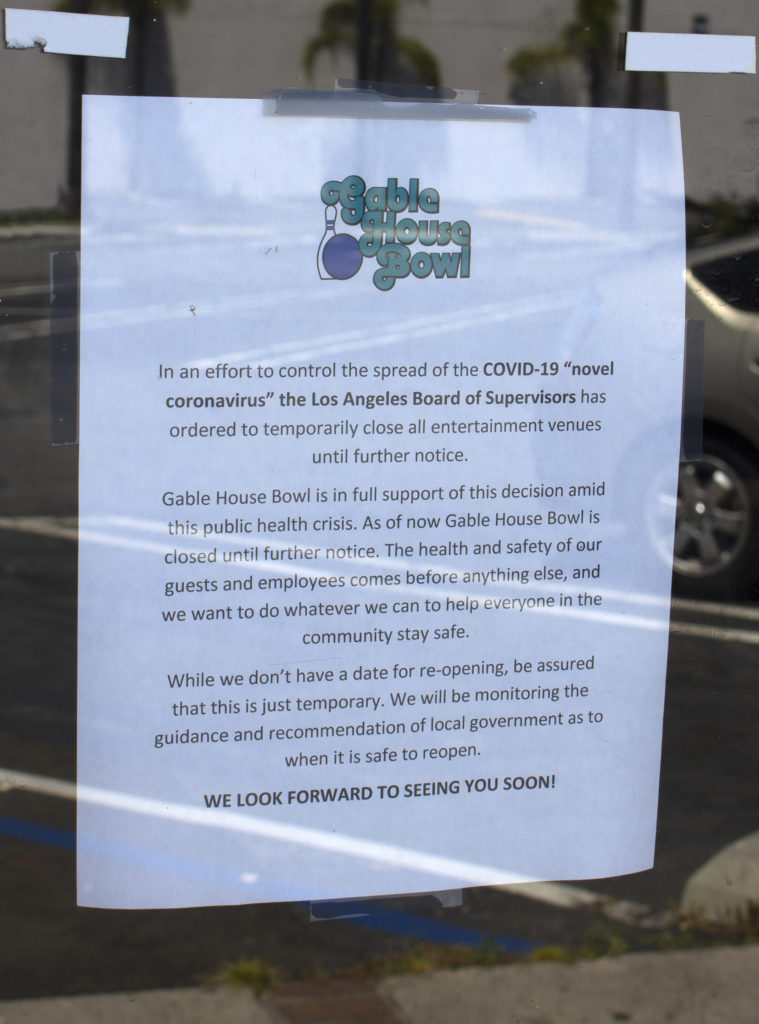 Regardless of the excitement, he anticipates a slow recovery. “Buying new machines will have to wait a bit. Because we will be recovering in our slower off-season, rehiring will be minimal compared to when our season really kicks off in late August/September.”
Regardless of the excitement, he anticipates a slow recovery. “Buying new machines will have to wait a bit. Because we will be recovering in our slower off-season, rehiring will be minimal compared to when our season really kicks off in late August/September.”
Eugene Edwards, who owns the cinema-anchored entertainment center Movies 10 in Nelsonville, Ohio, is certainly alarmed about the shutdown’s economic fallout, but was able to shift his three full-time employees to another business he owns. He’s also been able to continue paying his part-time employees throughout the shutdown.
But for his movie theater and arcade, he’s very concerned, expecting an “extremely slow” recovery. “We are all creatures of habit,” he said, “and habits have been changed.”
At 91-years-old though, he said he’s not going to make any long-term predictions, offering this poignant advice instead: “You either move with the times, or are run over by the times.”
Among those ready to move with the times is Chris Keller, owner of The All Star, a BEC in the Long Island, N.Y., town of Riverhead. “Before the pandemic, business was extremely strong,” he said. “I am bullish on the business. I think we will come back as strong, or stronger than ever.” Qualifying his statement, he added, “I feel it will be a gradual return though.”
Keller had purchased new machines just prior to the shutdown, and has begun preparing for reopening by purchasing signage, sanitizers, new bowling balls and thermometers for staff and possibly guests.
When The All Star is able to reopen, Keller said, “I think customers will welcome their freedom again and return carefully as they become more comfortable with the status of the virus.”
At Coin Crazy Family Fun Center in Spanish Fork, Utah, owner John Snyder said it’s going to take some time to see how the lockdown impacts the future and whether or not customers will continue to frequent the business in the coming months.
Coin Crazy reopened in early May when the state of Utah eased restrictions. “If customers are afraid and attendance is down, our purchases will be non-existent until recovery.”
In preparation to open, Snyder said they did a deep clean on the FEC, installed a new party booking software and set plans in motion to expand with bowling. Cleaning-wise, he added, “We were already the cleanest arcade in the area, and we will continue to keep our standards but add an employee on the floor to constantly clean open games.”
He continued: “I’m sure some consolidation will happen, and the strong will prevail. We plan on being one of the strong and coming out of this ready and able to provide our area with a safe and fun environment.”
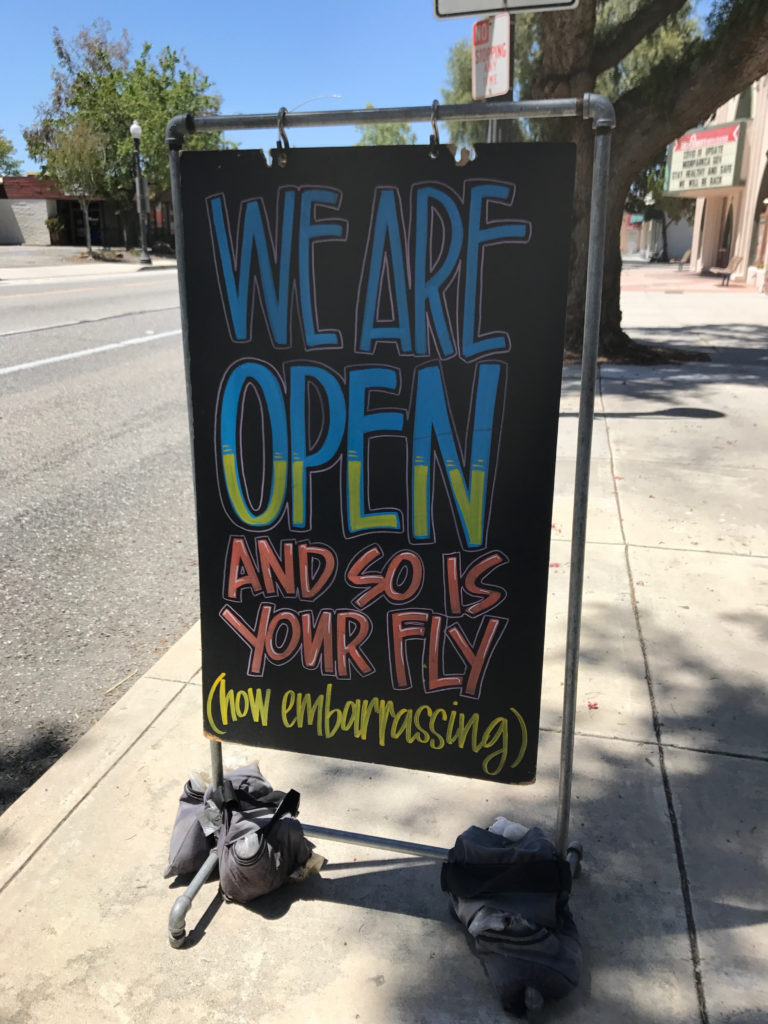 Other operators who requested anonymity feel much the same way as everyone else – expecting a slow recovery and making some changes ahead of reopening. They’re also generally uncertain about the future, with some more optimistic than others.
Other operators who requested anonymity feel much the same way as everyone else – expecting a slow recovery and making some changes ahead of reopening. They’re also generally uncertain about the future, with some more optimistic than others.
A laser tag-themed FEC operator in Manitoba, Canada, said, “We have been really on top of sanitation anyway, but there is now the need to be extra visible in our cleaning procedures. Some will judge us for opening. Others will come but be very cautious.”
An Arizona operator with a BEC and an indoor karting venue said people “will be happy to be allowed out of their homes, but cautious to return to ‘normal.’” The operator added: “They will take small steps to get there.” They, too, plan on more visible cleaning in their facilities.
Overall, the operator said he believes that quality FECs will continue to be successful. “The standards of quality continue to rise and for FECs that are not up to or able to meet the change, it will continue to get more challenging.”
Less optimistic was one Michigan operator who anticipated an “extremely slow” recovery “as the media has scared everyone. We will not be buying anything because we may not survive even with the government loans,” adding, “Sanitation will be a high priority and will be used for promotions.”
Down the road in Ohio, an FEC/amusement park operator plans on using the cleaning agent KOC-86 on all of their surfaces, including ride seats and hand railings. Aside from constant cleaning, that operator isn’t sure the facility’s rock climbing wall will reopen immediately, as it’s difficult to sanitize multiple times per hour.
In the Caribbean, an operator with 16 locations said they’re confident that reinforced sanitation practices and adhering to guidelines will bring back customers. “People need some distractions and out of home time. I believe we still have a great future, but we have to continue reinventing and updating the stores more frequently in order to keep the clientele happy and coming.”
Around the world in Brisbane, Australia, an operator with bowling and cinema-anchored FECs said, “We won’t be buying anything, and we will have to spend a fortune on cleaning products. It’s going to be very hard to come back from this indeed. Customers will be frightened and worried for a long time.”
Back stateside, there are similar worries for a mom-and-pop arcade in Kentucky. “The scary part is not as much being closed. The scary part is reopening with 80% less business and having a lot more expenses. I’d almost rather us all be closed until the public feels safe enough to come out in the large numbers we need. Sales will be 20% of normal for a long time.”
A California bowling entertainment center operator said marketing and sanitation are musts to entice the public to patronize once reopened. “Regulars will be excited to come back. Others will just wander in, if they believe it is safe.”
The operator added: “This economic shutdown could have been avoided entirely if the government had done its job from the start. I think the industry will recover in time, but will take a while. People need a venue to get out and socialize in person.”
That seems to be what it boils down to, operators agree. Going out for entertainment and socializing is woven into the fabric of society. When the public feels comfortable doing that is likely going to be based on location, age and other factors in the coming months and even years. But what is clear is that FEC operators are doing everything they can to remain relevant and welcome customers back under the new circumstances.



